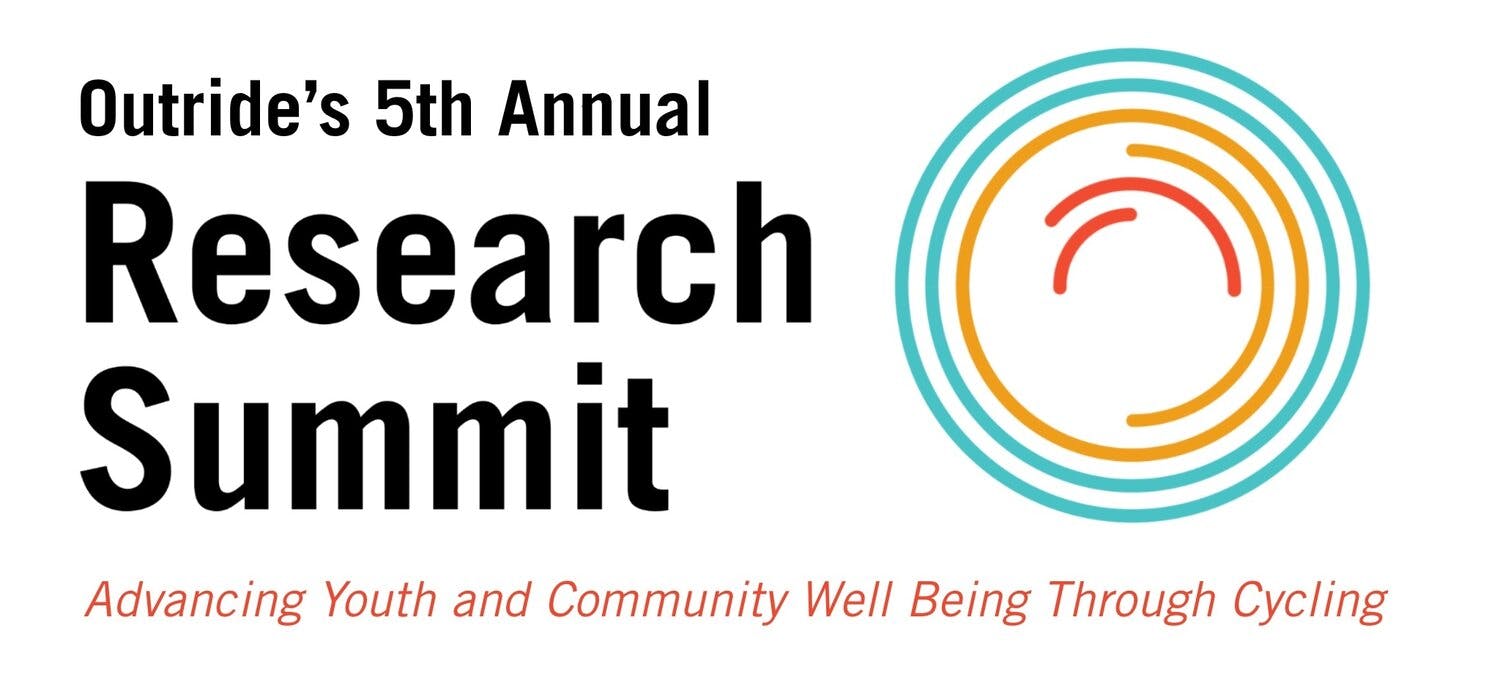Explore Our Network of Sites
Search
By:

The virtual gathering highlighted evidence-based ways to advance youth and community well-being through bicycling.
On July 28, Outride hosted its 2021 Research Summit, “Advancing Youth and Community Well-Being through Cycling.” More than 600 people tuned into the virtual, one-day event, which covered topics as wide ranging as measuring brain activation and youth development to programmatic models centering youth voices to biking as a social justice issue. A first-of-its-kind convening of individuals, researchers, community organizations, and educators, the event spoke to the importance of diversifying the next generation of riders and taking an active role in the well-being of our youth.
The summit goals were three-fold:
Researchers spoke to the power of bicycling to enhance attention, boost energy and increase social connection. Other speakers shared memorable and life-changing experiences, from riding bikes and empowering women in Afghanistan to intertwining youth programming with the cultures and practices of the Navajo and Zuni Nations. As part of a session on “Measuring for Change and Elevating Youth Voices,” PeopleForBikes’ own data manager, Rebecca Davies, presented on the Bicycle Network Analysis tool and how it can be used to pinpoint opportunities for safety improvements around schools.
With 22 people presenting around six different themes, there was an abundance of actionable insights and food for thought. Notable sessions touched on ways to build community around bicycling and how to promote access and safety through policies and programming. While we encourage you to read Outride’s comprehensive summit recap, here are five high-level learnings that emerged:
If you were unable to attend the summit in person, all six sessions are now available to watch online.